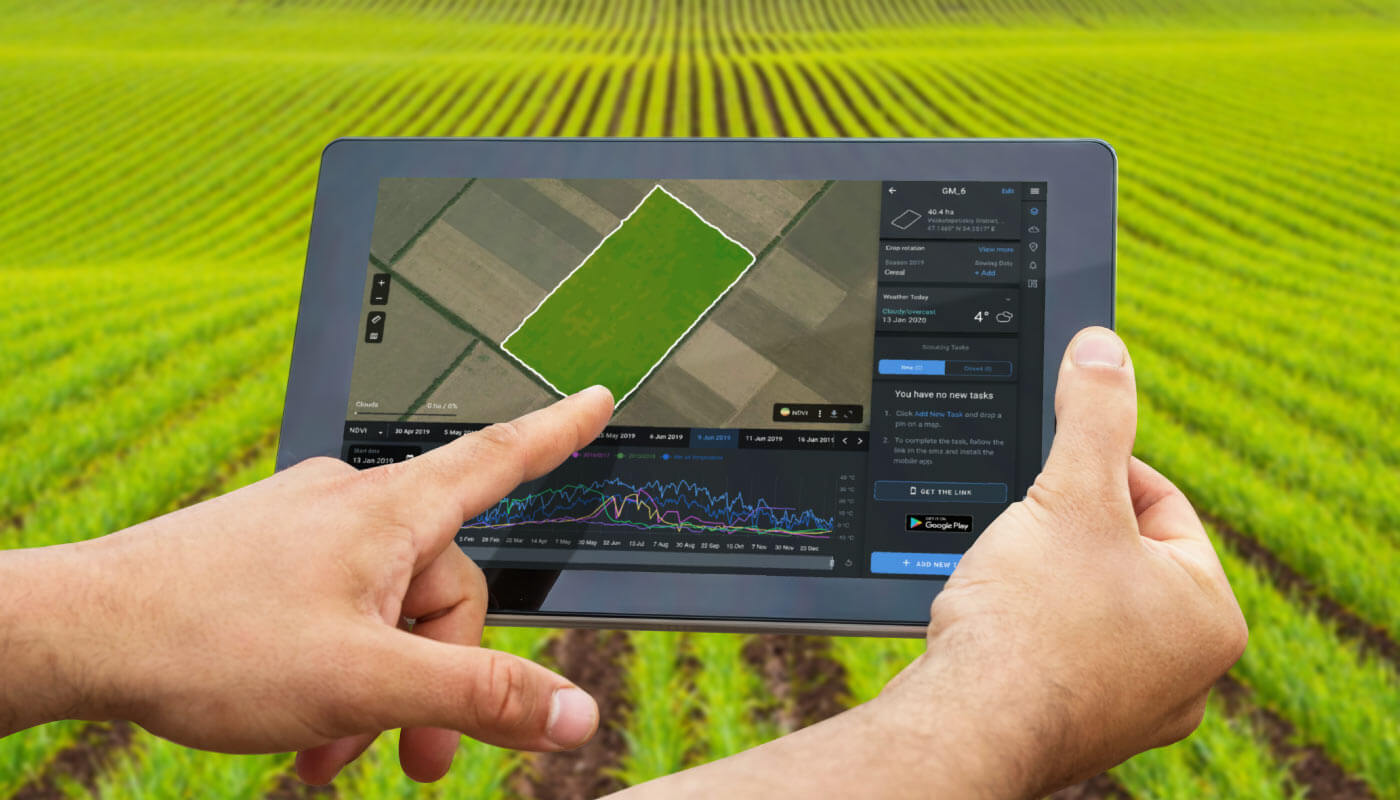Contact: +91 99725 24322 |
Menu
Menu
Quick summary: Measuring farm sustainability metrics is crucial in promoting sustainable agriculture and tackling climate change. This blog explores the importance of measuring sustainability metrics, the different metrics available and how they can be used to improve farm practices and reduce environmental impact.

Farm sustainability metrics refer to the set of indicators used to evaluate the economic, environmental, and social impacts of farming practices. These metrics are essential in measuring farm sustainability in agricultural practices and identifying areas that require improvement.
The importance of farm sustainability metrics cannot be overstated. Sustainable farming practices are critical in mitigating the effects of climate change, conserving natural resources, and ensuring food security for future generations. The use of sustainability metrics enables farmers to track progress towards sustainable practices, identify areas where they can improve, and demonstrate their commitment to sustainable agricultural practices to stakeholders, including consumers, investors, and regulators.
According to IPCC, agriculture and land-use change are responsible for approximately 23% of global greenhouse gas emissions. To address this issue, sustainability metrics are needed to monitor and reduce emissions from agriculture practices
This blog aims to discover how farm sustainability indicators can be used to evaluate the economic, environmental, and social impacts of farming practices. We try to understand the importance of sustainability and the key indicators that can be used to measure sustainability.
The concept of sustainability has considerable popular appeal, but it is a phrase without meaning unless indicators and monitoring systems are available to track the performance of agricultural production systems towards this ideal. The agricultural landscape is constituted through the individual management decisions of millions of often small scale entrepreneurs. Since similar land management decisions are made for somewhat similar conditions, this results in the repetitive landscape patterns commonly observed in agricultural areas.

Measuring farm sustainability is important for several reasons. Here are a few:
Overall, measuring farm sustainability is an important step towards promoting environmentally responsible, economically viable, and socially responsible farming practices that can help ensure a more sustainable future for everyone.
Farm Sustainability metrics are essential in mitigating impacts of climate change. By prioritizing sustainable practices, we can reduce carbon emissions and promote a healthier planet.
Farm sustainability metrics refer to a set of indicators that are used to evaluate the economic, environmental, and social impacts of farming practices. These metrics are essential in measuring the sustainability of farming practices and identifying areas that require improvement. Sustainable farming practices are critical in mitigating the effects of climate change, conserving natural resources, and ensuring food security for future generations. The use of sustainability metrics enables farmers to track progress towards sustainable practices, identify areas where they can improve, and demonstrate their commitment to sustainable agricultural practices to stakeholders, including consumers, investors, and regulators.
There are several key metrics that can be used to measure farm sustainability. Here are a few examples:
Measuring farm sustainability is important for several reasons.
By tracking and measuring these key metrics, farmers can better understand the impact of their practices on the environment, society, and the economy, and make informed decisions to improve the sustainability of their operations. Overall, measuring farm sustainability is an important step towards promoting environmentally responsible, economically viable, and socially responsible farming practices that can help ensure a more sustainable future for everyone.
While sustainability has been gaining momentum in agriculture it has become important to provide a holistic view of the farm practices and enables both farm and crop management and take the right decisions in agriculture management.
TraceX is building a Sustainability Analysis tool to provide a seamless approach to measurement of sustainability metrics. The solutions try to provide a structured approach towards implementation of sustainability projects with detailing on project creation, resource allocation, baselining, monitoring and reporting of the various key performance indicators involved in Regenerative agriculture.
Regenerative agriculture platforms have the potential to drive innovation in the agribusiness industry by enabling new farming practices that prioritize soil health, biodiversity and ecosystem services.
Measuring farm sustainability is crucial for promoting environmentally responsible, economically viable, and socially responsible farming practices. By tracking and measuring key metrics such as soil health, water management, energy use, biodiversity, and economic viability, farmers can better understand the impact of their practices on the environment, society, and the economy, and make informed decisions to improve the sustainability of their operations. Furthermore, sustainability metrics enable farmers to demonstrate their commitment to sustainable agricultural practices to stakeholders, including consumers, investors, and regulators.
Ultimately, promoting sustainable farming practices through the use of sustainability metrics is essential in mitigating the effects of climate change, conserving natural resources, and ensuring food security for future generations.
